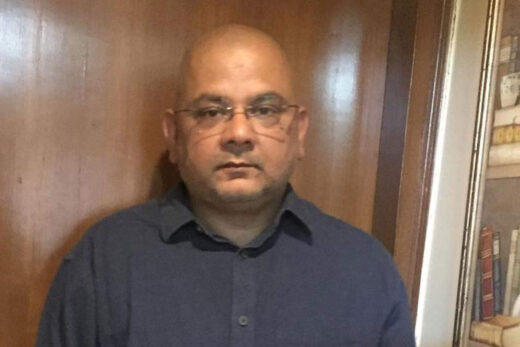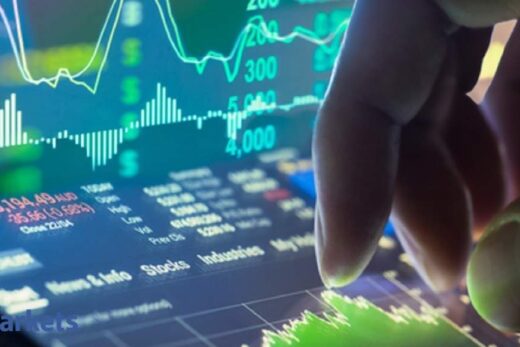The decision this week to extend the short-selling ban imposed in March last year to tame pandemic-hit markets until early May will likely backfire, they said. Korea, whose benchmark surged last year and is up 8 per cent in 2021, this week bowed to retail investor pressure and extended the ban on the key hedging tool, unsettling institutions.
Indonesia will lift a ban this month, while countries including France, which restricted short-selling early last year, only kept restrictions for a few months.
 Bloomberg
BloombergThe extended short-selling ban “is surprising given that Korea’s in a bull market,” said Nader Naeimi, head of dynamic markets at AMP Capital Investors in Sydney who runs a long-short equity fund. “The aim is to avoid a short squeeze like we have seen in the U.S, but the unintended consequence will be a possible plunge in market liquidity.”
Retail investors in the US, fueled by Reddit forums, had piled into loss-making stocks like GameStop Corp. in recent weeks, squeezing short-sellers.
Seoul-based Jeon Kyung-Dae, chief investment officer for equities at Macquarie Investment Management Korea, said, however, that without short-selling, “bearish bets on overvalued stocks are now being delayed and accumulated.”
“That means there will be a short-term shock in Korea equities when the short-selling is available for all stocks,” he added.
Traders said that without the benefit of short-selling, they are having to use futures of stocks to hedge their exposure.
The pandemic-imposed ban on short-selling was supposed to expire on March 15, a year after it was imposed. Instead, it was extended on Wednesday until May 2, when it will be lifted for the country’s largest stocks. In total, from May 3, 350 blue-chip stocks listed on the Kospi 200 and Kosdaq 150 indexes will be allowed to be sold short, while more than 2,000 stocks in Korea will remain banned.
Korea’s retail investors have come to dominate the stock market since short-selling was banned and the pandemic spread: they now account for nearly 70 per cent of total trading value, up from 48 per cent in 2019.
They have been vocal about keeping short-selling prohibited, arguing that the practice favored large funds and would also hurt market liquidity. Institutional investors say, however, that restricting the strategy of trading borrowed stocks has achieved the opposite.
“We don’t see a lot of evidence that banning short selling improves market liquidity or reduces volatility,” said Vince Lorusso, a Boston-based fund manager at Changebridge Capital who runs an equity long-short exchange-traded fund with quantitative and fundamental research. “To ban short-selling would take away a valuable market tool for price discovery and a range of other things.”
Korea’s equity market has continued to surge this year, with gains by stocks like green energy stocks tied to electric car or solar energy.
“Populism by Korean politicians” likely drove the prolonged ban, said Macquarie’s Jeon. “It’s regrettable that (the regulator) is being swayed by the public opinion.”
Lawmakers face two important by-elections in April and a presidential election next year.
Still institutions will be rewarded for their patience come May. Retail investor favorite plays that were once in the sights of short sellers will be opened up to such trades again, including Celltrion Inc., which surged 102 per cent last year.



